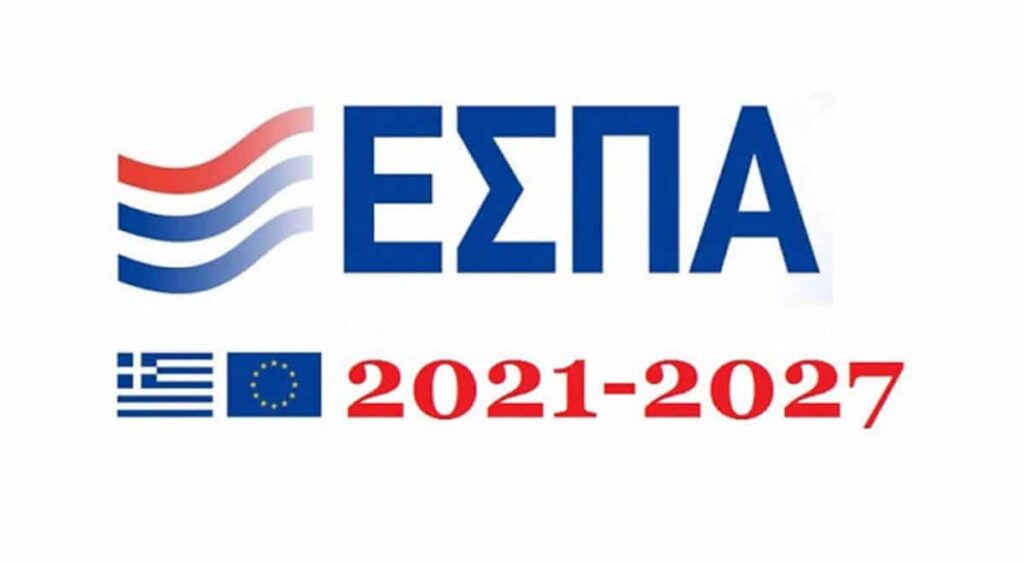
The new NSRF 2021/27 has been approved by the European Commission, with Greece becoming the first country to receive approval for the Partnership Pact for Regional Development , as the Commission notes in a Twitter post.
The resources from the new NSRF 2021/27 amount to 26,2 Billion euros This is more than in the previous programme for 2014/20, which amounted to EUR 23 billion. euro.
Of the €26.2 billion €20.9 billion euros come from the EU contribution and in particular from the European Regional Development Fund (ERDF), the Cohesion Fund (CF), the European Social Fund (ESF+), the Fair Transition Fund (TDM) and the European Maritime, Fisheries and Aquaculture Fund (EMFF), while the remaining 5.3 billion euros will relate to the National Contribution.
Key features for the new NSRF 2021/27
- Linked to the European Semester and the Commission's recommendations for co-financed programmes
- Supports other National Strategies and Enabling Conditions
- Supports the new Just Transition Fund (lignite regions and islands)
- The National Reform Programme and Growth Plan for the Greek Economy follows (Pissarides Committee Report)
- Follows the restrictions of the European Regulations on thematic concentrations and exceeds the minimum percentages
Main changes compared to the previous NSRF 2014/20
• An increase of €2.2 billion € for the 13 RIPs from the NSRF 2014/20 (from € 5.9 billion to € 8.1 billion)
• Distinct Programme for Civil Protection and new Managing Authority
• Distinct Just Transition Programme and new Managing Authority
• Distinct Programme for the Environment, Climate Change and Energy
• New Competitiveness Programme with actions to support businesses
• Strengthening and upgrading the Technical Support Program for the institutional and management capacity of beneficiaries and implementing bodies (Capacity Building)
• Optimization of the management and coordination framework for the co-funded Programs
The main axes for the new NSRF 2021/27
Entrepreneurship
• Exploitation of research results and new ideas from existing and start-ups
Digital transformation
• Strengthening productive investments with emphasis on digital transformation
• Enhancing connectivity with high-speed broadband access
• Digital transformation of the public and private sector and expansion of digital services
Business Interconnection
• Adaptation of human resources skills in the context of the Smart Specialization Strategy
• Creation of infrastructure and support mechanisms for innovation and entrepreneurship
• Increase of the average size of Greek enterprises, promotion of partnerships (clusters)
Energy sector
• Promotion of autonomy with the use of RES for self-production and storage systems
• Clean energy transition of islands and GReco Islands initiative
• Modernising and strengthening urban road transport and clean energy transition of islands
Recovery and Recycling Units
• Treatment of discrete collected biological and recyclable waste
• Upgrading of Waste Treatment Plants for their conversion into Recovery and Recycling Units
• Taking measures for the management of hazardous waste
Road transport
• Road safety and intelligent transport systems interventions
Rail transport
• Efficient and cost-effective connection of railway hubs to transport networks
• Use of clean fuels
Human resources
• Increasing the employment of human resources and improving employability
• Interventions to facilitate access to the labour market
Education
• Increasing the participation of adults in the learning process
• Strengthening vocational guidance services
• Improving the quality of curricula
Sustainable Development
• Ensuring quality living conditions
• Investments in accessibility and connectivity infrastructure




